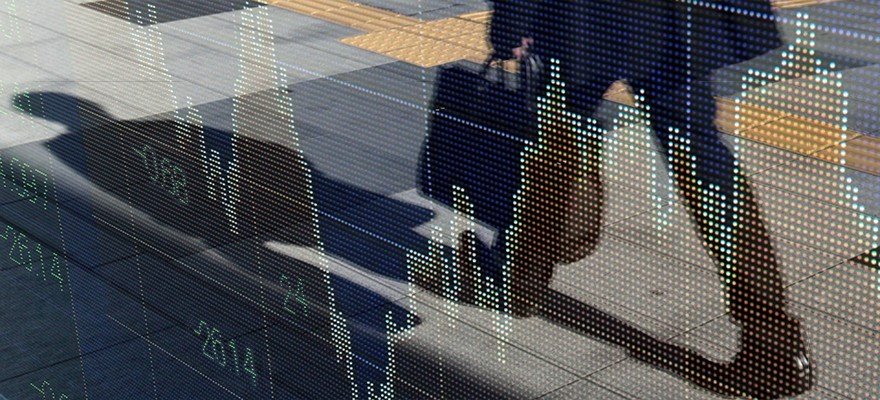The is believed to be stagnating as firms look to implement new strategies. Alpari Deutschland has made changes to its sales operation with a number of redundancies, a source close to the matter informed Forex Magnates.
The news came on the back of data published in the latest Investment Trends FX and CFD Germany report published in June 2013. The findings showed that the country saw a slight expansion in the number of traders in leveraged products, however, figures were not as attractive as those seen a year earlier.
Germany, the largest economy in Europe has been an attractive market for electronic trading firms offering margin products. Unlike other developed nations where CFDs have been a natural extension from equity investments, e.g. the UK, Australia and Singapore, Germany has been slow to appreciate the product and the industry only blossomed in the mid 2000’s, and hence a proliferation of brokerages catering to the needs of German traders has propped up.
German investors have traditionally been using low risk products, for example, warrants and certificates in line with their conservative approach to investing. However, since FX and CFD products have become more mainstream, the market has witnessed a sharp spike, and in 2012 there were over 40,000 traders using leveraged products. The retail structured products market hit a peak in 2007, research published by the Deutsche Bank states that transactions were worth €135 billion.
Alpari’s Frankfurt office was established in 2009 and has been spearheaded by industry veteran Heiko Mueller. In a telephone interview with Forex Magnates, Mr. Mueller explained, “Alpari is a well-known broker among German investors, over the last four years we have built a strong, reliable and reputable brand. We have decided to make some strategic changes in our business development efforts as the firm needs to focus on maintaining its relationship with clients, this can be done from our London headquarters.”
Several brokers have used London as a base to conduct international sales functions due to the high calibre of staff in the UK’s capital. Activtrades, a leading UK based broker established its Italian and German business initially from its London office. A similar theme adopted at ETX Capital and Gekko Global Markets. CMC Markets was one of the early entrants in the German market, initially their German business was carried out by their main white label partner, Varengold Bank, however, due to the sheer size and opportunity in Germany the firm established its own office in 2005.
Main FX brokers in Germany:
- CMC Markets
- IG Markets
- flatex
- DAB Bank
- LYNX Broker
- ViTrade
Germans have recently diversified their holdings from indices and major stocks and have explored the benefits of currencies. In the latest Investment Trends report, analysts found: “The number of FX traders in Germany grew marginally by 3% to 30,000, after growing by 32% in the previous year.”
RBS marketindex, one of the leading CFD brokers in Germany recently announced that it was discontinuing its derivatives trading unit.
Germany hosts several investment conferences for investors, the largest trade fair is held in Frankfurt in November, traders have a range of educational seminars and several brokers exhibit at the event.
Of the largest FX players, Gain Capital is the only broker (compared with FXCM, IG, CMC) who has yet to establish a physical presence in Germany.
German investors face lower tax charges when trading with non-German firms, the largest FX and CFD providers open client accounts in London to prevent clients paying the additional charges.
The much awaited German elections ended with no surprise for Chancellor Merkel, her party having won for a third time with a near majority. Markets reacted well with the news, bringing little change earlier this week. Traders are keen to see a stable euro as positive data comes out of troubled Spain and Greece. A new sign of ‘Merkelnomics’ should stablize markets in 2014.





Be First to Comment